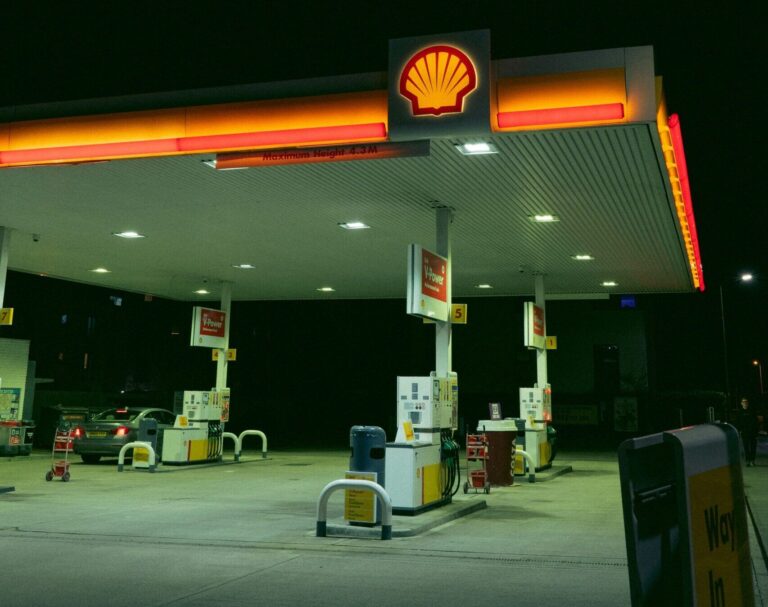(Brussels, November 12, 2024) – The Dutch Parliament should respond to a November 12 court decision by requiring corporations to mitigate climate and human rights harms associated with their operations and products, Climate Rights International said today.
The court overturned a landmark 2021 district court ruling requiring Shell to cut its emissions by 45 percent from 2019 levels by 2030. It acknowledged Shell’s responsibility for emissions beyond its direct operations, specifically including the impacts of its fossil fuel products on climate change. However, the court determined that it could not impose a specific emissions reduction target path, citing the absence of an existing legal standard to mandate a particular timeline or percentage reduction.
“While today’s ruling removed the explicit emissions target, the Court of Appeal upheld important principles that strengthen the foundation for corporate climate accountability,” said Lotte Leicht, Advocacy Director at Climate Rights International. “Crucially, the Court of Appeal confirmed that protection against the effects of climate change is a human right and that corporations have a legal duty to reduce climate harms associated with their operations and products.”
The 2021 case was brought by Friends of the Earth Netherlands (Milieudefensie) and co-plaintiffs representing over 17,000 Dutch citizens. They argued that Shell’s activities and emissions infringed on fundamental rights by fueling climate change, which poses severe risks to the natural environment and human rights. The claimants emphasized that, as one of the world’s largest corporate emitters, Shell should take immediate action to reduce emissions across its entire supply chain, including emissions from the end use of its fossil fuel products. Emissions from end use, referred to as Scope 3 emissions, represent the majority of Shell’s emissions and are critical to reducing Shell and other oil companies’ overall climate impact.
In a groundbreaking ruling, the District Court of The Hague ruled in favor of the plaintiffs and ordered Shell to cut emissions by 45 percent by 2030 compared to 2019 levels. The decision marked the first time a court required a major polluting corporation to reduce emissions in line with international climate goals, asserting that Shell’s responsibility extended to its full carbon footprint, including Scope 3 emissions. The court found that Shell’s insufficient climate action constituted a violation of the duty of care to respect human rights, specifically the rights to life and family life, which are under threat from climate change.
Friends of the Earth Netherlands has not yet decided whether to appeal the Court of Appeal’s decision to the Dutch Supreme Court.
Attention now shifts to the International Court of Justice (ICJ), which will begin hearings in December on the request from the UN General Assembly for an advisory opinion regarding states’ obligations to protect the climate and the rights of present and future generations. On April 4, 2023, the General Assembly asked the Court to clarify “the obligations of States under international law to ensure the protection of the climate system and other parts of the environment for present and future generations” and “the legal consequences for States that, by their acts and omissions, have caused significant harm to the climate system and other parts of the environment.”
“While a setback, the good news is that today’s Court of Appeal ruling recognized that fossil fuel companies have a legal responsibility to protect human rights from the devastating impacts of their emissions,” said Leicht. “Dutch lawmakers should act to ensure that companies such as Shell face binding legal obligations to drastically and urgently cut their emissions.”







